Index relies entirely on the support of donors and readers to do its work.
Help us keep amplifying censored voices today.
[vc_row][vc_column][vc_column_text]
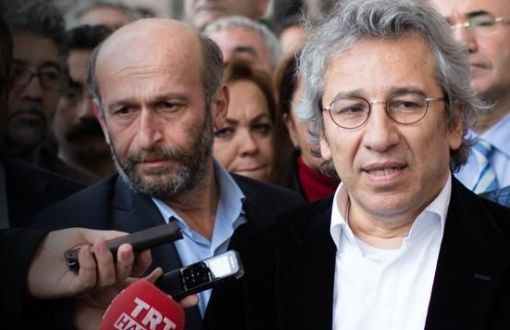
Journalists Erdem Gül and Can Dündar (Photo: Bianet)
Can Dündar, editor-in-chief of Cumhuriyyet, one of Turkey’s most popular newspapers, was awaiting an appeal on his case in Turkey from Germany when the news of the coup d’etat in his homeland came. Scores of arrests followed, and his lawyer advised that Dündar, who had just narrowly escaped an assassination attempt in May 2016 outside a courtroom and was facing over five years in prison for allegedly leaking state secrets, stay in Germany.
He recalls that it was the hardest decision in his life, 40 years of which he had devoted to working as a journalist in Turkey.
“I thought it was impossible to go back, decided to stay and work from Germany, and about a year ago I with a small team started a media organization here, Özgürüz.”
When it’s time to leave
As shocking as Dündar’s story is, it is hardly unusual in the Eurasian region, where, according to International Media Support, there was a steady decline in freedom of expression in Eurasia since 2011. While for years the Committee to Protect Journalists named Turkey the biggest jailer of journalists globally, there are other nations competing for this dubious title.
For some journalists, the alternative to being jailed is an exile. According to Yavuz Baydar, chief editor of Ahval Online, a Turkey-oriented news site based in Germany, “That’s an inevitable result of oppression in any country because as long as the conventional media are suffocated and put under the yoke of the powers, it leaves journalists with no other choice than leaving the profession altogether or moving abroad.”
However, only a select few survive the shock and reemerge as viable journalists continuing to work in exile.
Some of the most successful examples of the media in exile emerged from the region and operating in the more permissive environment of Western Europe, according to Jens Uwe Thomas with RSF Germany, are Meduza, Amurburg and Spektr, Russia-oriented news portals, as well as MeydanTV, an Azerbaijani multimedia outlet in exile, Dündar’s Özgürüz and Baydar’s Ahval Online.
Challenges of exile
Thomas says that upon settling in exile, the first step for the journalists is usually to legalize their status, and then they start looking for opportunities to establish their outlets.
“The most important thing is to support these media abroad in terms of their registration,” says Bektour Iskander, editor of Kyrgyz media Kloop, who monitors exiled media and is in the process of creating a digital resources kit for them, adding that oftentimes, the media can’t relocate abroad due to lack of financial resources or visas.
“In 2010 we were threatened by the special services because of our investigative reporting about the son of president Bakiyev [of Kyrgyzstan]. But we had no opportunity to leave the country. Only now I realize that we were facing scary consequences, even assassination. We were so clueless as to how to do that, or find the resources for that, we were saved by the miracle, a revolution happened in the country and the threat disappeared,” he recalls.
One common thread for these media across the board is that while their editorial teams operate in exile, they have networks of journalists working for them from inside their home country, says Thomas, adding that secure communication and creating collaborative work environment in such circumstances is often a challenge.
“Those are operating under the great risks, which causes a lot of hurdles and obstacles for continuity and consistency in the content quality,” Baydar adds. MeydanTV founder Emin Milli agrees, “Unfortunately, journalists and their family members are under pressure. The ones who work with us have been attacked, some tortured. Some parents of theirs were fired”. Galima Bukhabrayeva, former editor of exiled Uznews web site that was allegedly hacked by the Uzbek government and is now defunct, says: “In our case, the best journalists in Uzbekistan worked with us, because in our case it wasn’t enough to be a journalist, one had to be a patriot and a citizen, and a brave person, at that.”
But the relocation doesn’t always pose a challenge, says Aleksandr Kushnar, editor of Russian exiled media Amurburg. Commenting on the success of Meduza, he says, “It makes more sense for them to be located where they are for the reasons of safety of the editorial staff [because] their geographic location doesn’t affect the quality of their content.”
Uniformly, the exiled media representatives bemoan the perception in their home countries that these media lack the situational awareness on the ground. One example of successfully solving this challenge is MeydanTV, says Iskander, adding that “they encourage citizen journalism, their readers [are] often involved in the content creation, they send photos, videos, materials.”
Another challenge all of the exiled media managers interviewed for this article cite is the lack of funding, which poses a constant problem on the back of everybody’s mind. What complicates things for the managers of these outlets is the stipulation set forward by the international donors that the medium be located in-country in order to satisfy the funding criteria, which is impossible to abide by for those operating in exile.
Silver linings
But not all is hopeless for the uprooted journalists and media managers, and alongside obvious challenges, there are reasons for cautious optimism. There are quite a few success stories among the outlets who learned to capitalise on the advantages of operating from free environments.
Kushnar says attaining success is very difficult in reality, and he attributes it to the issues of funding, resources and teams. Speaking of the outlets, he says that “Their capabilities are seriously restricted. Oftentimes, they cannot compete with the leading news agencies that are funded very generously. We all know very well how RT is funded all over the world. The goal for these media is to identify the niches where they still can get in and tell the truth. It’s very difficult when pro-Kremlin outlets have an audience of 40 million, and your budget is a thousand times smaller.”
The upsides are quite self-evident, according to Anton Lysenkov, editor of Latvia-based Spektr: “Our situation is beneficial. We are not subjected to constant audits and provocations. Our work environment is much more peaceful. I admire those who continue to work from Russia, and we are trying to help them,” he adds.
According to Baydar, “The upside is you can see everything with a bird’s eye, in a free domain, analyse things much more clearly in a macro way which gives a lot of advantages to focus on the main areas that need to be covered.”
Some media in exile not only survive, but they manage to thrive and even increase their audiences, like Meduza. “They have millions of unique visitors a month, and it’s been rising year to year. They’re trusted,” says Milli. “They can work freely in Russia and come and go as they please. They’re a successful model.”
Galina Timchenko, Meduza’s editor-in-chief, cannot attribute the success of her outfit to any one strategy: “Unfortunately, there are no long-term plans and effective strategies for success in the current political climate. So far, we are not considering the possibility of moving to Russia because we cannot remain oblivious to the rising risks in that case. The media market in Russia is almost completely controlled by the state, and we don’t see a place for ourselves within such a market in the short term perspective,” she adds.
Preserving and rehearsing for the return
But what is the purpose of the media in exile and what is their end game?
While Kushnar says, exiled media preserve the freedom of the press in a dictatorship, Lysenkov adds that their goal is to supply the population with propaganda-free and less emotionally-charged content. Milli sees the enormous power of the free media to change the society for the better. “People have big hopes and need this, too. That’s why we keep working”.
Others see their ultimate goal as return home. Iskander cautions that “when a dictatorship in their home country comes to an end and [the media in exile] return home, their ratings start falling sharply. Because the credit of trust has been disintegrating, because the rhetoric could change from “at least someone is trying to do some good, even if it is from abroad” to “where have you been all these years while we were suffering?”
Despite such dangers, Bukharbayeva says, the ultimate goal of the exiled media is the return home. She points out that one loses focus and ability to write accurately when unable to visit their home country for over a decade, but “exiled media cannot exist indefinitely, and we must try to return because the time has come.”
Dündar, who has also started publishing a print magazine and opened a publishing house, is looking into opening a TV channel. He says his team’s current work is like a rehearsal in preparations for the future.
“It’s impossible to be in Turkey. But like the German Jews in WWII [who] came to Turkey, rehearsed there, came up with new ideas, and then went back to Germany after the war, we, Turks, are rehearsing and preparing for a better day in Turkey to return there”. [/vc_column_text][/vc_column][/vc_row][vc_row][vc_column][vc_basic_grid post_type=”post” max_items=”10″ grid_id=”vc_gid:1523289736466-bd3f6e90-fdac-9″ taxonomies=”8607″][/vc_column][/vc_row]
[vc_row][vc_column][vc_row_inner][vc_column_inner][vc_column_text]

The spring 2018 issue The Abuse of History focuses on governments and powers alike manipulating history across the globe.
[/vc_column_text][/vc_column_inner][/vc_row_inner][/vc_column][/vc_row][vc_row][vc_column][vc_column_text]
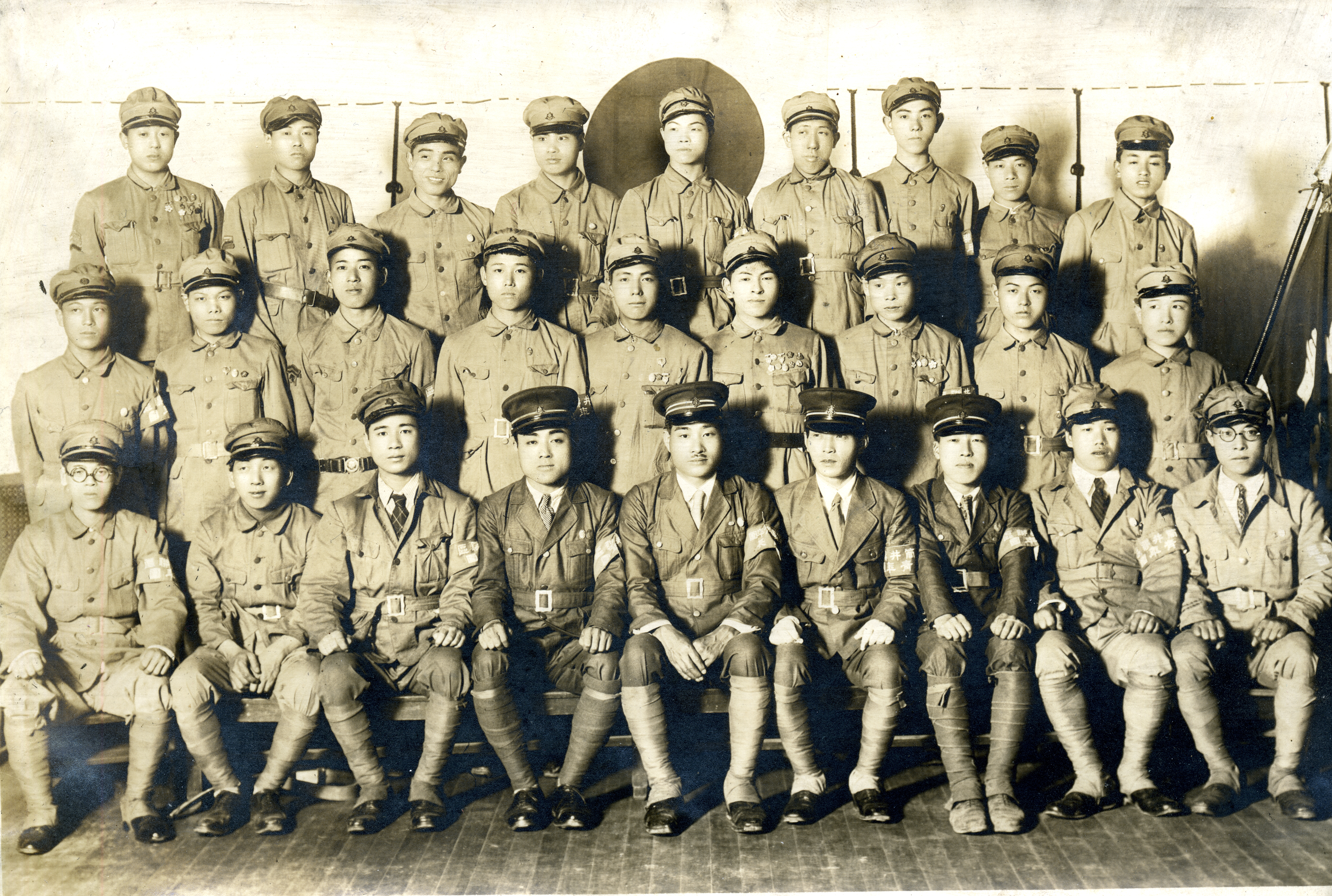
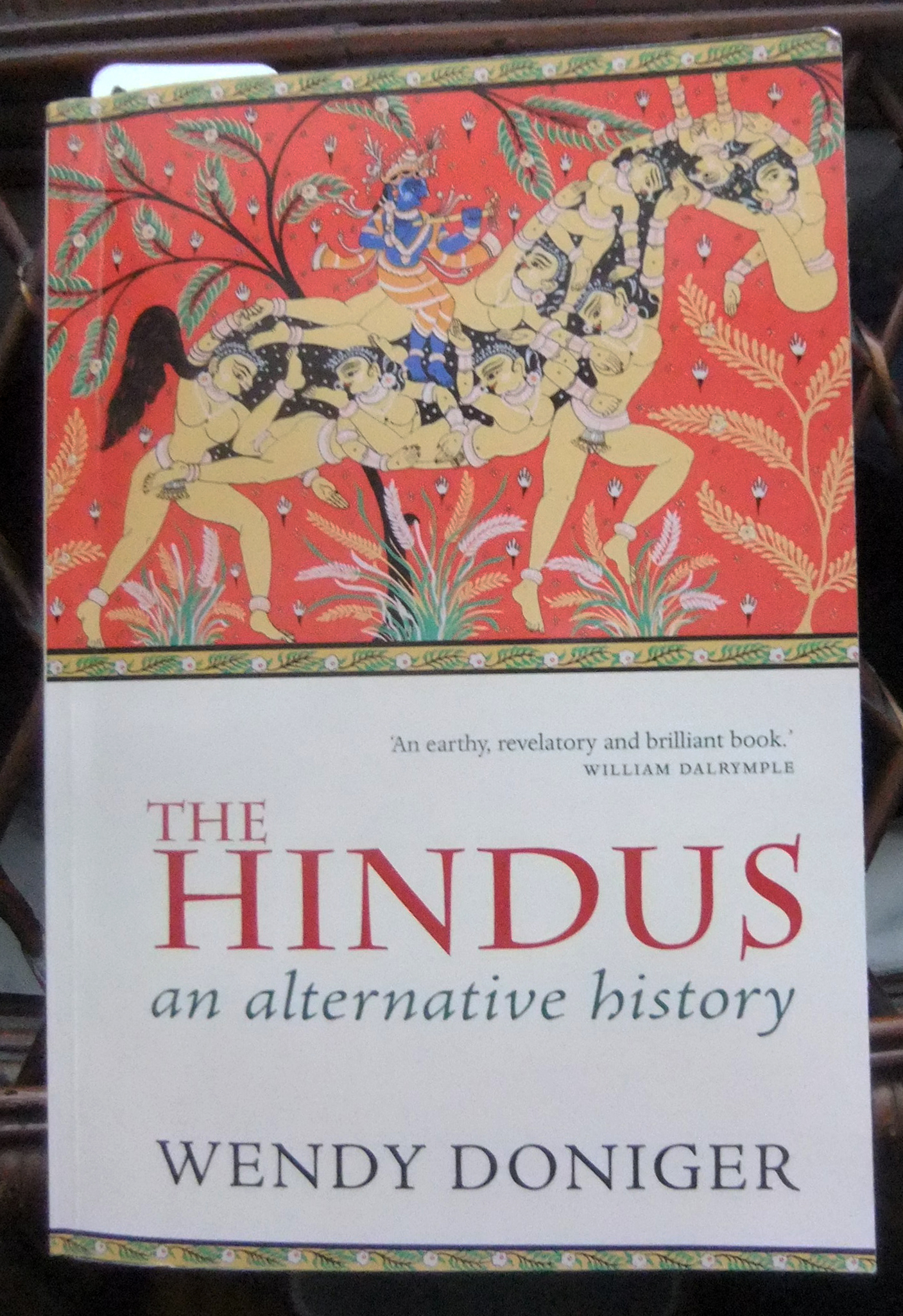
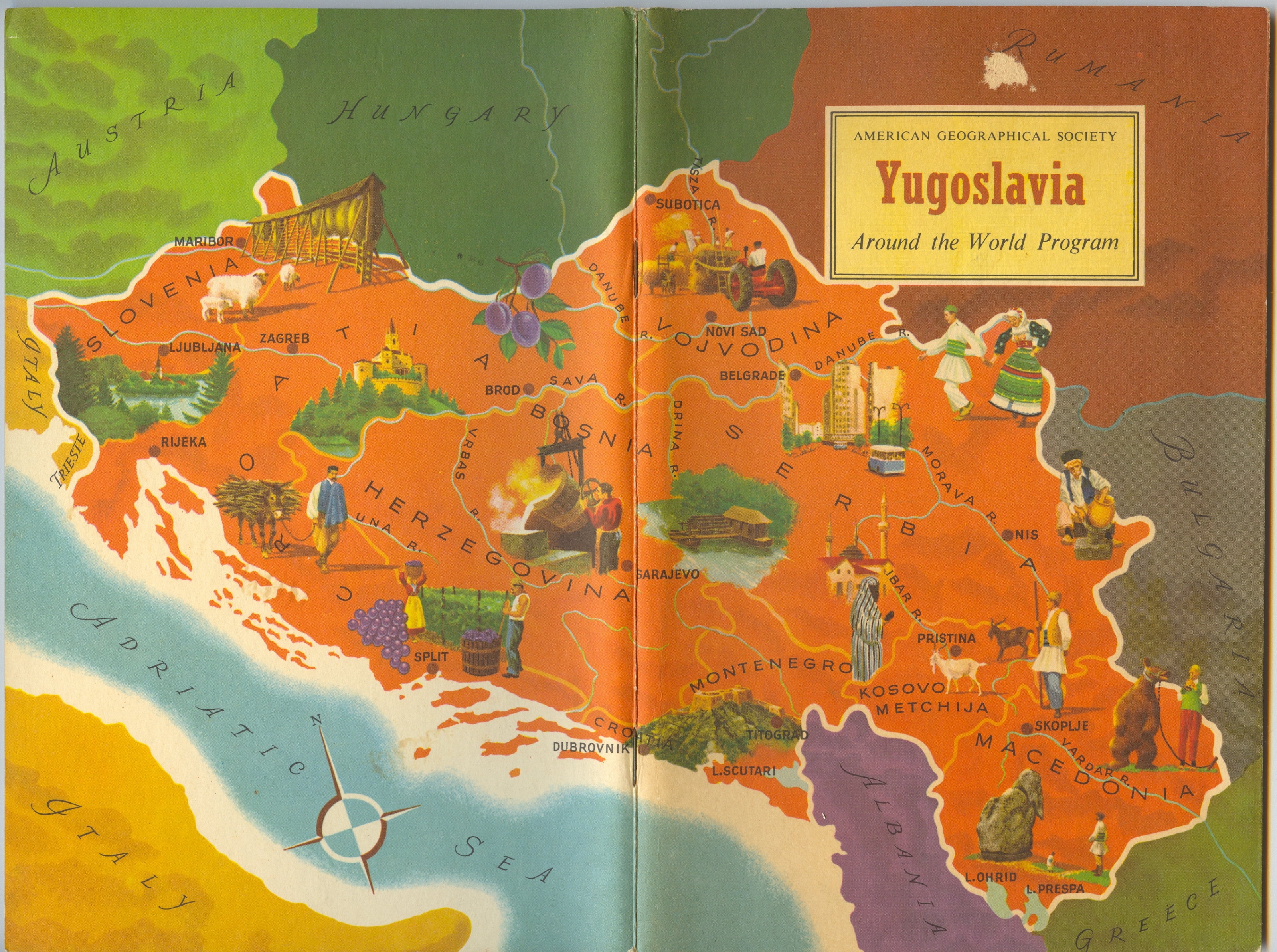
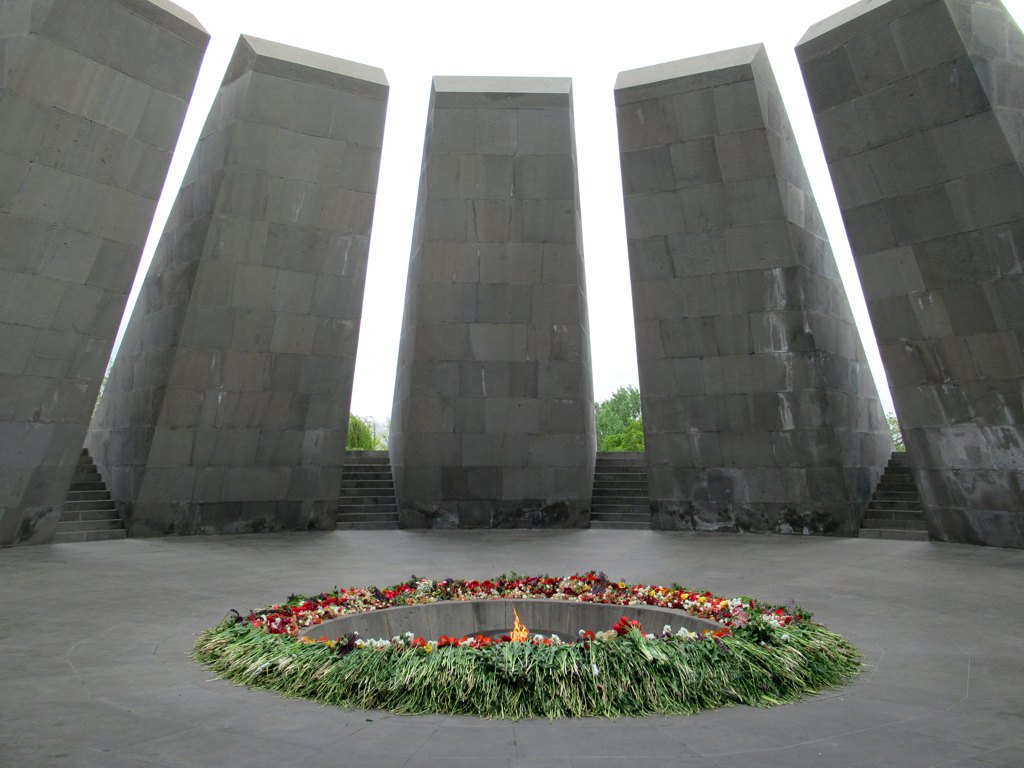
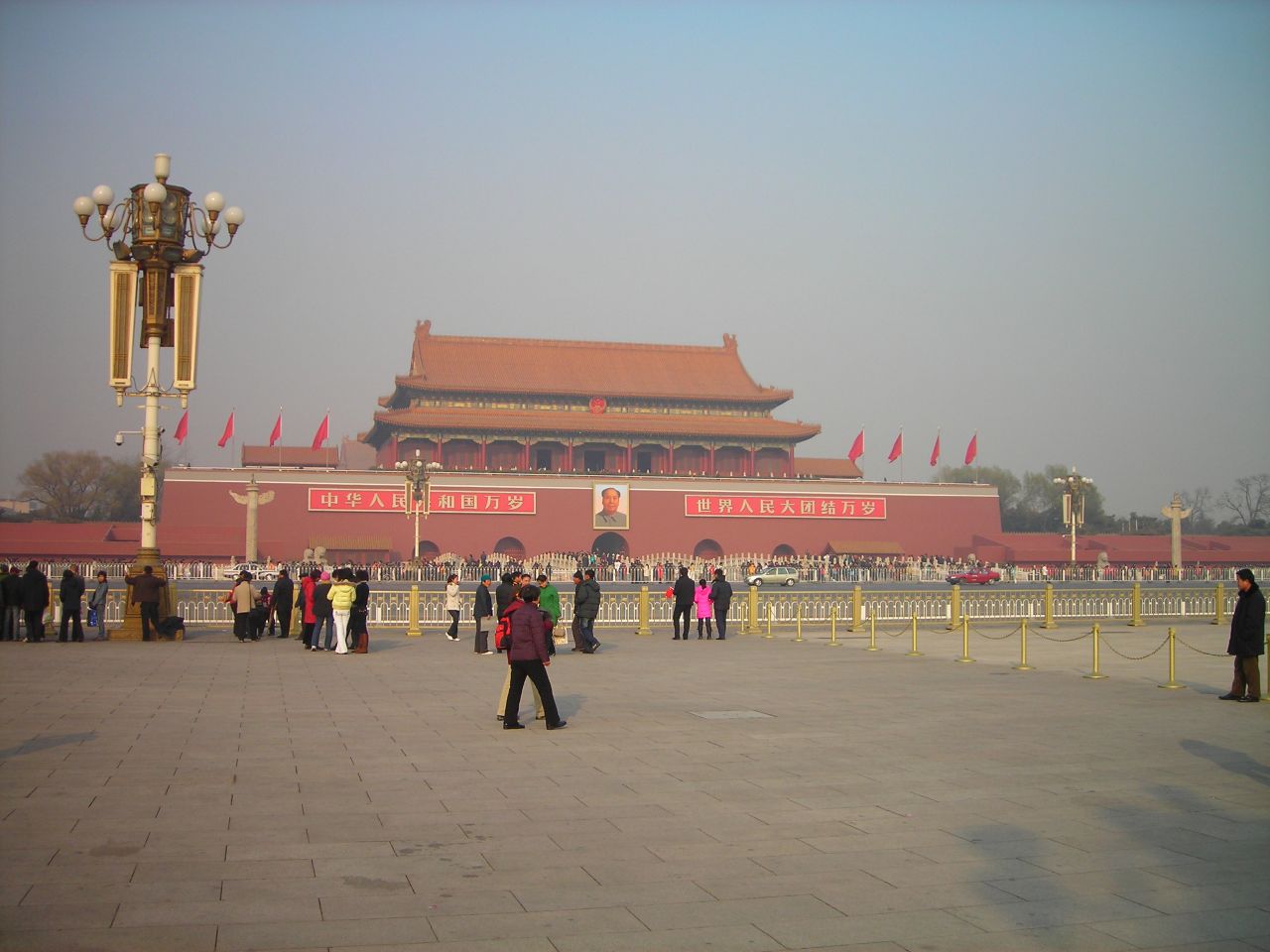

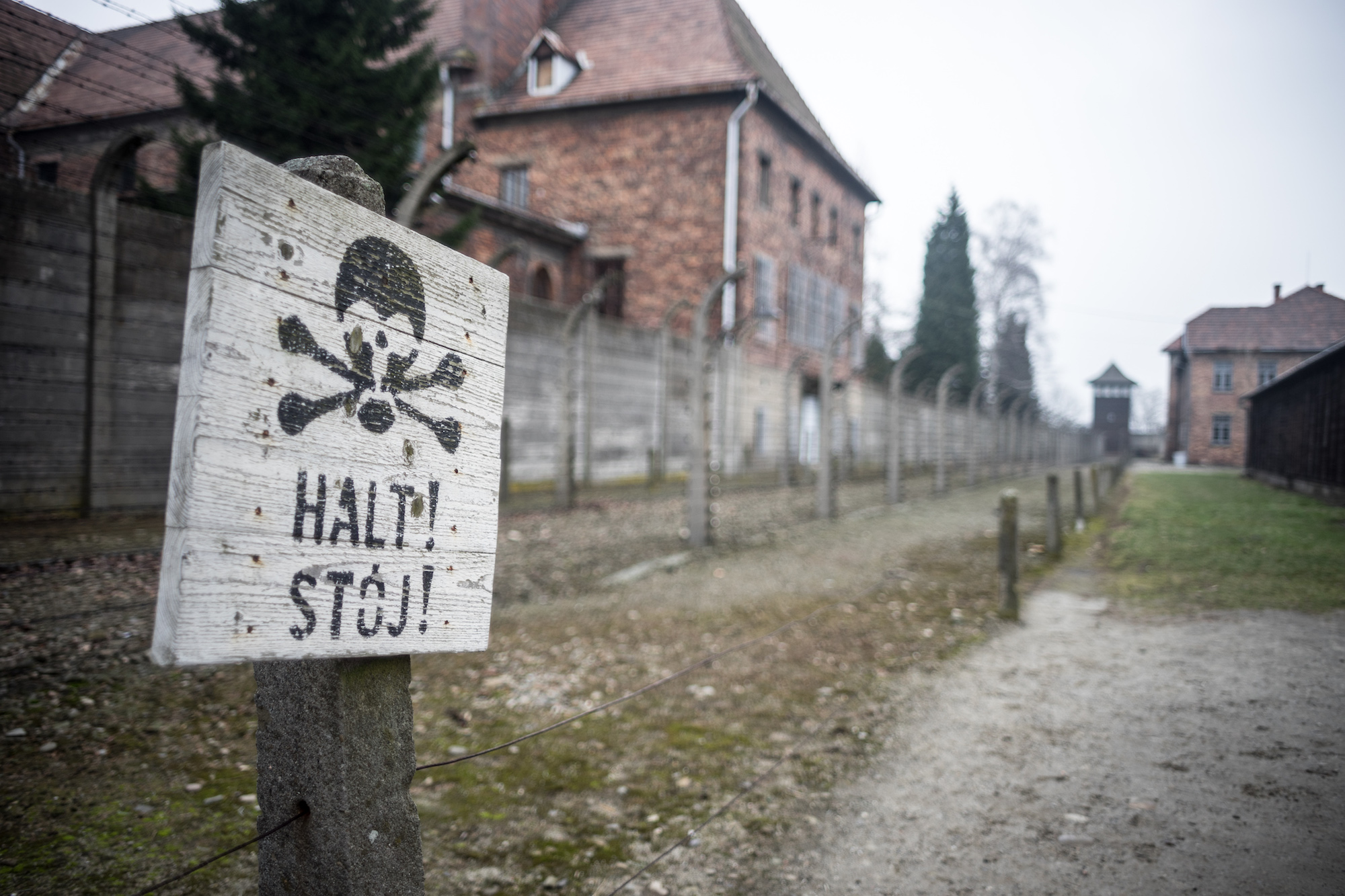
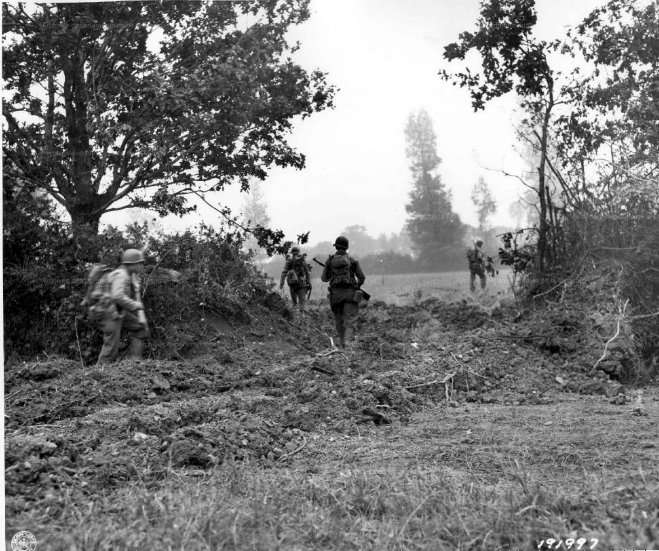
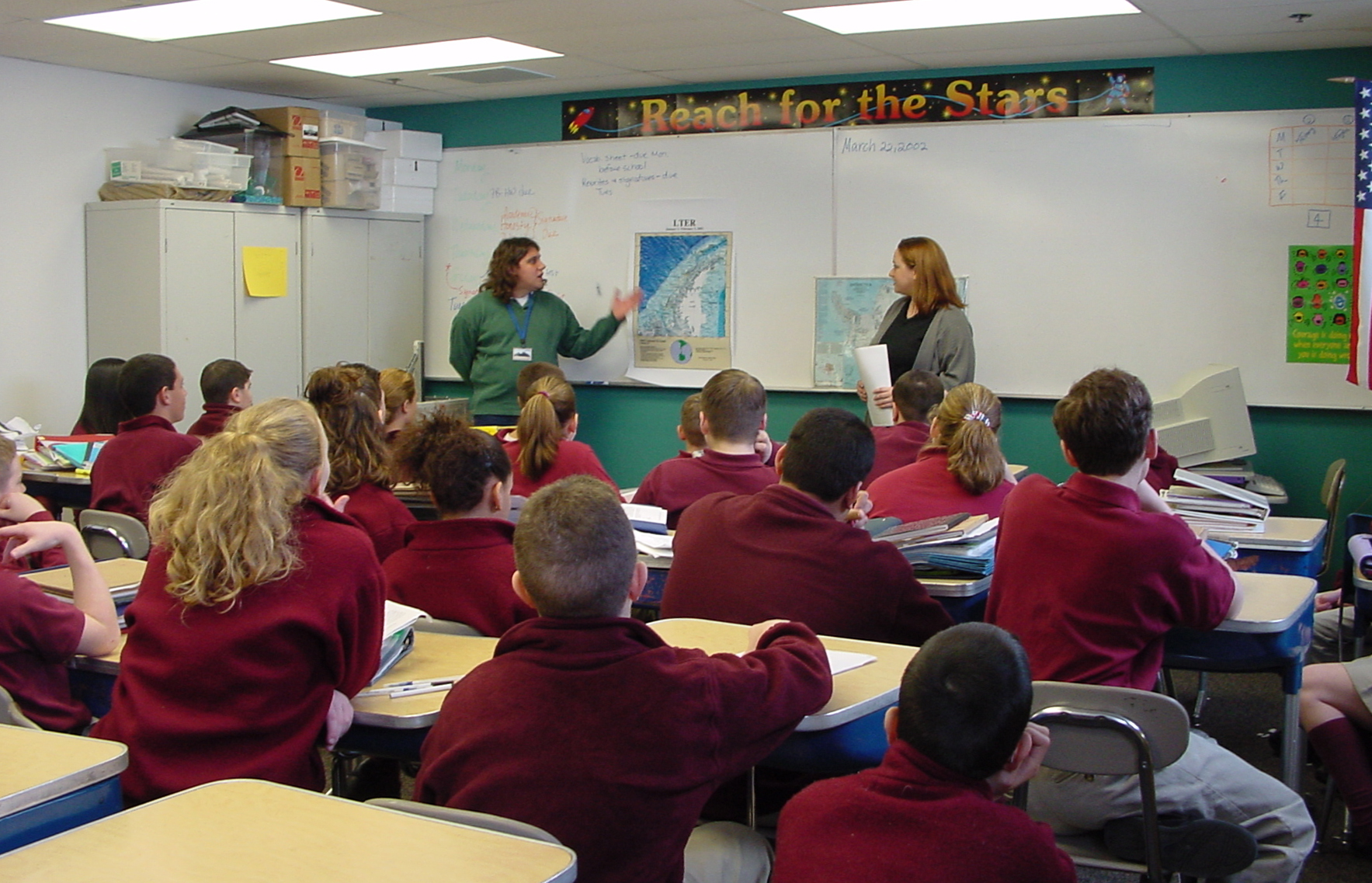
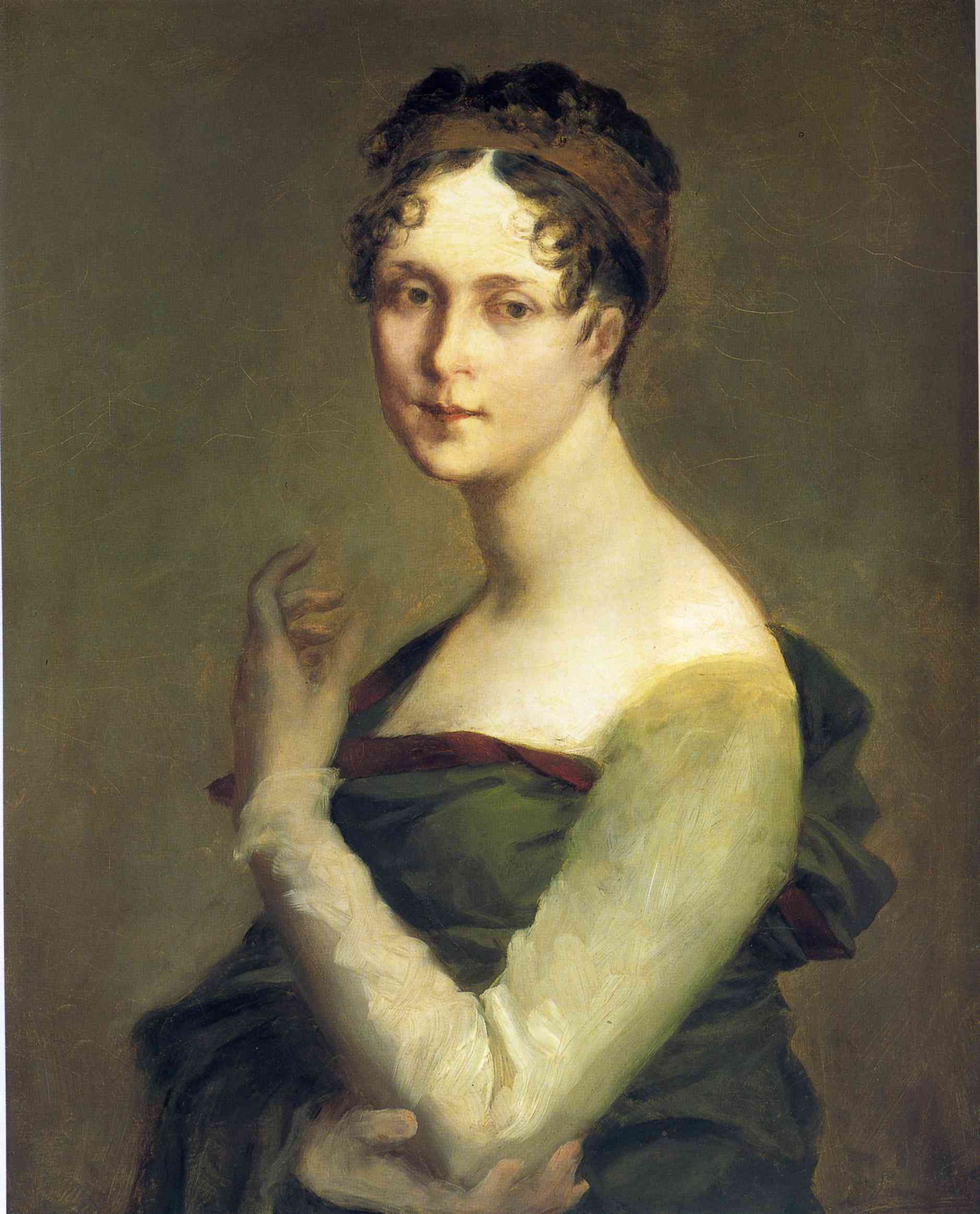

With: Simon Callow, David Anderson, Omar Mohammed [/vc_column_text][/vc_column][vc_column width=”1/3″][vc_single_image image=”99085″ img_size=”medium” alignment=”center” onclick=”custom_link” link=”https://www.indexoncensorship.org/2017/12/what-price-protest/”][/vc_column][vc_column width=”1/3″ css=”.vc_custom_1481888488328{padding-bottom: 50px !important;}”][vc_custom_heading text=”Subscribe” font_container=”tag:p|font_size:24|text_align:left” link=”url:https%3A%2F%2Fwww.indexoncensorship.org%2Fsubscribe%2F|||”][vc_column_text]In print, online. In your mailbox, on your iPad.
Subscription options from £18 or just £1.49 in the App Store for a digital issue.
Every subscriber helps support Index on Censorship’s projects around the world.
![]() SUBSCRIBE NOW[/vc_column_text][/vc_column][/vc_row]
SUBSCRIBE NOW[/vc_column_text][/vc_column][/vc_row]
[vc_row][vc_column][vc_custom_heading text=”With contributions from Omar Mohammed, Mahvash Sabet, Simon Callow and Lucy Worsley, as well as interviews with Neil Oliver, Barry Humphries and Abbad Yahya”][/vc_column][/vc_row][vc_row][vc_column][vc_column_text]
[/vc_column_text][/vc_column][/vc_row][vc_row][vc_column][vc_single_image image=”99222″ img_size=”full”][/vc_column][/vc_row][vc_row][vc_column][vc_column_text]
[/vc_column_text][/vc_column][vc_column][/vc_column][/vc_row][vc_row][vc_column][vc_custom_heading text=”Special report: The abuse of history “][vc_column_text]
[/vc_column_text][/vc_column][/vc_row][vc_row][vc_column][vc_custom_heading text=”Column”][vc_column_text]
[/vc_column_text][/vc_column][/vc_row][vc_row][vc_column][vc_custom_heading text=”In focus”][vc_column_text]
[/vc_column_text][/vc_column][/vc_row][vc_row][vc_column][vc_custom_heading text=”Culture”][vc_column_text]
[/vc_column_text][/vc_column][/vc_row][vc_row][vc_column][vc_custom_heading text=”Column”][vc_column_text]
[/vc_column_text][/vc_column][/vc_row][vc_row][vc_column][vc_custom_heading text=”Endnote”][vc_column_text]
[/vc_column_text][/vc_column][/vc_row][vc_row content_placement=”top”][vc_column width=”1/3″][vc_custom_heading text=”The Abuse of History” font_container=”tag:p|font_size:24|text_align:left” link=”url:https%3A%2F%2Fwww.indexoncensorship.org%2F2017%2F12%2Fwhat-price-protest%2F%20|||”][vc_column_text]The spring 2018 issue of Index on Censorship magazine takes a special look at how governments and other powers across the globe are manipulating history for their own ends
With: Simon Callow, Louisa Lim, Omar Mohammed [/vc_column_text][/vc_column][vc_column width=”1/3″][vc_single_image image=”99222″ img_size=”medium” alignment=”center” onclick=”custom_link” link=”https://www.indexoncensorship.org/2017/12/what-price-protest/”][/vc_column][vc_column width=”1/3″ css=”.vc_custom_1481888488328{padding-bottom: 50px !important;}”][vc_custom_heading text=”Subscribe” font_container=”tag:p|font_size:24|text_align:left” link=”url:https%3A%2F%2Fwww.indexoncensorship.org%2Fsubscribe%2F|||”][vc_column_text]In print, online. In your mailbox, on your iPad.
Subscription options from £18 or just £1.49 in the App Store for a digital issue.
Every subscriber helps support Index on Censorship’s projects around the world.
![]() SUBSCRIBE NOW[/vc_column_text][/vc_column][/vc_row]
SUBSCRIBE NOW[/vc_column_text][/vc_column][/vc_row]
[vc_row][vc_column][vc_column_text]The undersigned international press freedom groups call on Turkish authorities to immediately release the 12 printworkers and staff arrested on 28 March at the premises and print works of the newspaper Özgürlükçü Demokrasi and the further 15 staff taken into custody after home raids on the morning of 29 March 2018. Authorities must also restore control over the paper and its premises to the rightful owners.
The below-named organizations also denounce the fact that lawyers acting for those arrested have been denied contact with prosecutors or access to any written documentation in relation to the raids.
Two officials purporting to be from the Savings Deposit Insurance Fund (TMSF) are in place at the print works and premises of Özgürlükçü Demokrasi, a pro-Kurdish daily, and claim to be holding the sites until they receive further instructions. For its part, the TMSF, now part of the Ministry of Finance’s Directorate of National Estates and formerly an independent banking watchdog under the auspices of the Central Bank of the Republic of Turkey, has denied having received instructions to seize the newspaper’s assets.
According to lawyers acting for the detained printworkers and Özgürlükçü Demokrasi’s principal signatory İhsan Yaşar and Kasım Zengin the owner of Gün Printing Advertising Film and Publishing Inc, where the newspaper is printed, a press crimes investigation into the paper was opened on February 7. This was followed by a separate counter-terrorism investigation that began on March 23. It is believed that both investigations, of which no written notification has been made to the paper, are in relation to Özgürlükçü Demokrasi’s coverage of Turkey’s incursion into Afrin, northern Syria.
As the sole remaining Kurdish daily newspaper in Istanbul, Özgürlükçü Demokrasi is vital in maintaining the extremely fragile access to information that is not controlled by the state. Following the closure of other pro-Kurdish newspapers and television stations such as Azadiya Welat, IMC TV and Hayatın Sesi in 2016, Özgürlükçü Demokrasi is one of the last sources of pro-Kurdish daily printed news in Turkey.
“The Turkish authorities must halt their sustained repression of Kurdish culture and language. We are highly alarmed by the onslaught on Kurdish and pro-Kurdish media outlets and journalists that has intensified dramatically since the crackdown on freedom of expression since the attempted coup of July 2016, and now reached a new low point with this takeover of Özgürlükçü Demokrasi,” said Carles Torner, Executive Director of Pen International.
We, the signatories of this statement, strongly condemn the takeover of Özgürlükçü Demokrasi, which has taken place without any legal justification or documentation. We reject the denial of information and prosecutorial access to lawyers acting for Özgürlükçü Demokrasi’s arrested staff members.
“The government’s takeover of Özgürlükçü Demokrasi is extremely concerning,” said Joy Hyvarinen, head of advocacy at Index on Censorship, “We urge European and other governments to condemn the obliteration of free media in Turkey.”
We call for the release of the arrested staff members and printworkers and official confirmation from the TMSF of the legal status of the alleged acquisition of Engin Publishing Print Inc. — and the Gün Printing Advertising Film and Publishing Inc.
Katie Morris, Head of Europe and Central Asia Programme at Article 19 said: “The takeover of Özgürlükçü Demokrasi restricts the space for freedom of expression even further in Turkey and curtails the right of the public to access information on issues of public interest, particularly in relation to the on-going conflict in the South East of the country. We call for the authorities to cease harassing this newspaper and restore much-needed media freedom in Turkey.”
The takeover of one of the last remaining opposition newspapers follows the acquisition last week of Turkey’s largest media organization and newspaper distributor, Doğan Group, by Turkish conglomerate Demirören, whose media outlets are known for taking a pro-government stance. In the week prior to the purchase, an internet streaming bill was passed granting the Radio and Television Supreme Council (RTÜK) sweeping powers to monitor, license and block online streaming channels and news providers.
“This latest act against freedom press confirms that Erdogan wants to repress any free voice in Turkey. A firm position in Europe is needed to make pressure the Turkish government to restore the rule of law as soon as possible with the cessation of the state of emergency,” said Antonella Napoli member of Articolo 21 and coordinator of Free Turkey Media in Italy.
International Press Institute (IPI)’s Turkey Advocacy Coordinator Caroline Stockford said, “IPI strongly condemns yesterday’s raid and the government’s tactic of shutting down Özgürlükçü Demokrasi in an apparently illegal manner in order to silence dissenting voices in the run-up to the presidential elections. Despite the opportunity presenting itself at this week’s Varna summit, Europe failed again to strongly condemn Turkey’s repression of free media and free speech.”
The peoples of Turkey have a right to access informative opposition reporting in order to form a balanced opinion, especially in the lead up to an election. We call on Turkey to respect the human right to freedom of expression and to refrain from its practice of stifling all opposition media and to release the Özgürlükçü Demokrasi workers from detention.
We, the undersigned, call on European newspapers and governments to make clear statements to Turkey that access to balanced, critical reporting is essential to democracy and that the freedom of the press must be respected and maintained.
International Press Institute (IPI)
Pen International
European Centre for Press and Media Freedom (ECPMF)
The European Federation of Journalists (EFJ)
Association of European Journalists (AEJ)
Reporters Sans Frontières (RSF)
Article 19
Norwegian Pen
Index on Censorship
English Pen
Articolo 21
Committee to Protect Journalists (CPJ)
Pen Belgium/Flanders
Wales Pen Cymru
Pen Germany
Pen Club Français
Pen Suisse Romand[/vc_column_text][/vc_column][/vc_row][vc_row][vc_column][vc_basic_grid post_type=”post” max_items=”4″ element_width=”6″ grid_id=”vc_gid:1522334755757-294591af-d9eb-2″ taxonomies=”1743″][/vc_column][/vc_row]